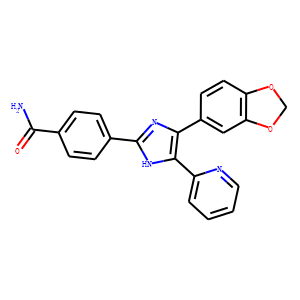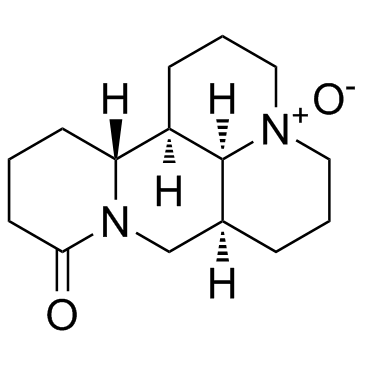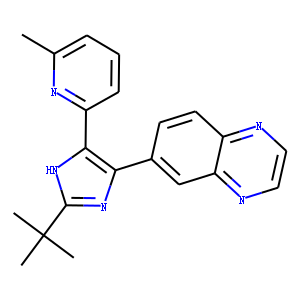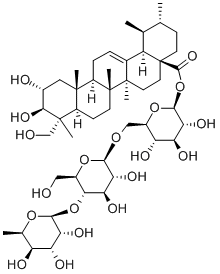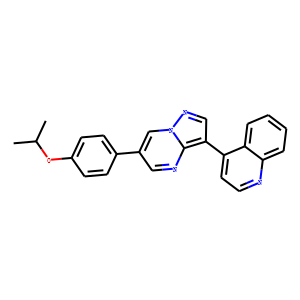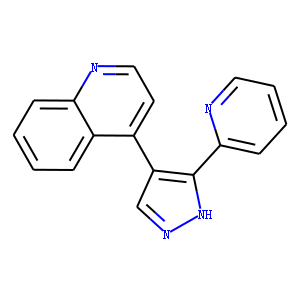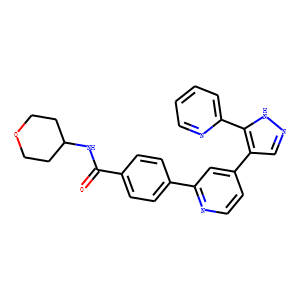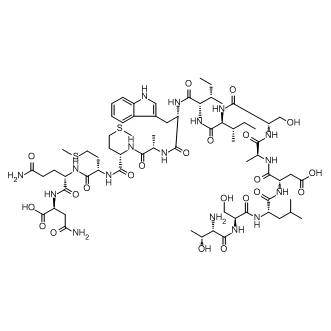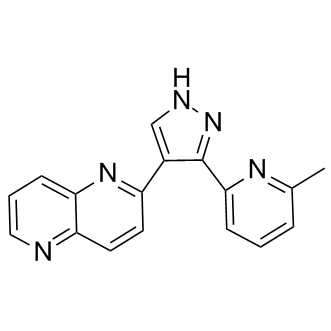TGF-beta/Smad
The Transforming Growth Factor-Beta (TGF-β)/SMAD signaling pathway is pivotal in regulating cell growth, differentiation, apoptosis, and homeostasis. TGF-β, a cytokine, binds to Type I and Type II serine/threonine kinase receptors, which phosphorylate receptor-regulated SMADs (R-SMADs). Once activated, R-SMADs form complexes with the common mediator SMAD4. These complexes then translocate to the nucleus to regulate the transcription of target genes that influence cellular processes. Dysregulation of TGF-β/SMAD signaling can contribute to various pathological conditions, including fibrosis, cancer, and cardiovascular diseases. As such, modulating this pathway offers therapeutic potential for treating these disorders, with emphasis on both inhibiting and enhancing TGF-β signals depending on the disease context.

